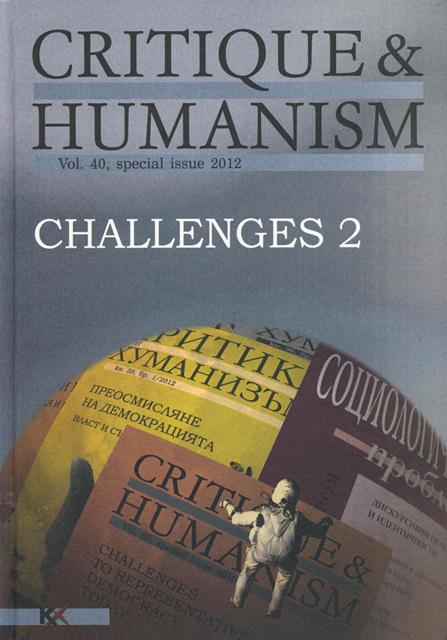‘Copycat Tactics’ in Processes of Regime Change: The Demise of Communism in Poland and Apartheid in South Africa
‘Copycat Tactics’ in Processes of Regime Change: The Demise of Communism in Poland and Apartheid in South Africa
Author(s): Adrian Guelke, Tom JunesSubject(s): Politics / Political Sciences
Published by: Фондация за хуманитарни и социални изследвания - София
Keywords: Poland; South Africa; 1989; communism; apartheid; copycat effect, transnational diffusion
Summary/Abstract: This article explores the possible linkages between the demise of communism in 1989 and apartheid in 1994. Through a comparative analysis of case studies of Poland – as the representative ‘fi rst domino’ to fall in Eastern Europe – and South Africa, it shows that there were in fact certain parallels in the way the communist and apartheid regimes developed and ended. Subsequently, it discusses the effect that the events of 1989 had on the domestic political situation in South Africa, thereby transcending the more traditional transnational approach as South Africa was not connected in any direct way to Eastern Europe. In spite of this apparent lack of connection, part of the South African opposition sought inspiration in the tactics of the Eastern European anti-communist opposition. As this article argues, this merely represented a ‘copycat phenomenon’ in which activists in one situation mimicked the actions of others in a different situation, and as such can serve to explain similarities in processes of regime change in different and unconnected parts of the world.
Journal: Критика и хуманизъм
- Issue Year: 2012
- Issue No: 40
- Page Range: 171-192
- Page Count: 22
- Language: English
- Content File-PDF

